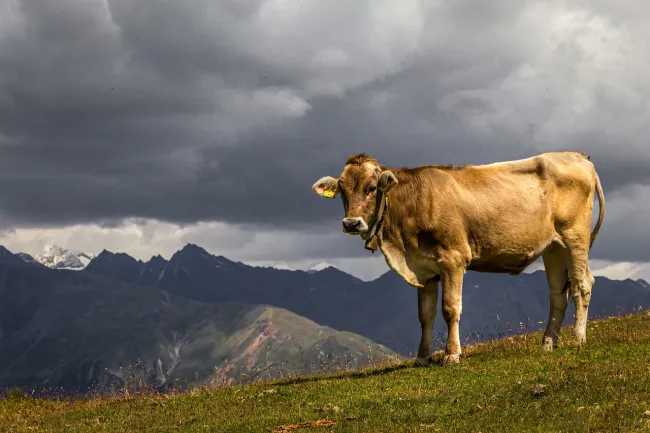This paper examines how narratives with epic elements - such as heroic figures, a difficult journey and facing monumental challenges - have developed around several well-known personalities in the nature-based agriculture movement.

The four cases discussed in the paper are:
- Masanobu Fukuoka (1913–2008), a Japanese farmer who promoted “natural farming”. His book The One Straw Revolution is well known in the alternative agriculture movement.
- Wes Jackson (1936–), an American promoter of “natural systems agriculture” based on perennial grain crops and polyculture farming systems.
- The Rodale family, specifically Jerome Irvin (J.I.) Rodale (1898–1971), who founded the Soil and Health Foundation, later renamed as the Rodale Institute, and his son Robert Rodale (1930–1990), who continued experimenting with organic farming and rebranded the institute around the concept of “regenerative organic” farming.
- Allan Savory (1935–), known for his work on the “Savory Grazing Method” or “Holistic Resource Management”.
The paper breaks down the “epic” elements of the narratives that have grown around these case studies:
- Awakening, journey and struggle. For example, Fukuoka has written about questioning the purpose of life after contracting pneumonia, following which he quit his job, travelled, and decided to start a “natural” farm to pursue a “pure vision of nature” that he had seen. Jackson has written about his encounter at the age of 16 with the native prairies of South Dakota and the living conditions of the Native American people there, following which he pondered the need for a paradigm that sees nature as the “creator, protector, and redeemer of humans on earth”. Savory has described his disillusionment with the worldviews of the professional bureaucrats and scientists he worked with.
- The high ground. This idea refers to the principles or forces that guide the “hero”, such as Fukuoka’s four principles (no cultivation, no chemical fertiliser or compost, no weeding by tillage or herbicides, and no dependence on chemicals), Jackson’s idea of “nature as standard” (i.e. a guide for morals, law and society), and Savory’s emphasis on aligning with “ecological principles”.
- Universal significance, i.e. the suggestion that a solution is not simply mundane and local, but as more broadly relevant for solving global challenges. For example, Fukuoka travelled to several countries and promoted his principles for reclaiming desert lands, while Savory has claimed that Holistic Resource Management can be applied universally.
Abstract
This paper profiles some key promoters of nature-based and natural systems agriculture – Masanobu Fukuoka, Wes Jackson, Jerome Irvin Rodale and Robert Rodale, and Allan Savory. The focus is on ‘narratives with epic elements’ that have been constructed around these personalities, and how these have helped gain legitimacy and influence for themselves, their ideas, and their organisations. Similar processes and dynamics can be seen in more mainstream agricultural research. As the struggle over the future of agriculture is increasingly played out in corporate boardrooms, through PR agencies and on social media, it is critically important to understand how narratives with epic elements emerge, and are used to influence the debate about the future of agriculture and the potential contribution of nature-based solutions.
Reference
Cabral, L. and Sumberg, J., 2022. The use of epic narratives in promoting ‘natural agriculture’. Outlook on Agriculture, p.00307270221077708.
Read the full paper here. See also the TABLE explainer What is agroecology? and our report Grazed and Confused?




Comments (0)